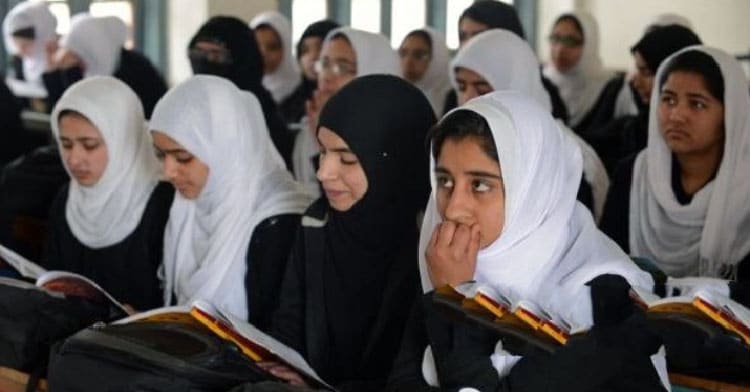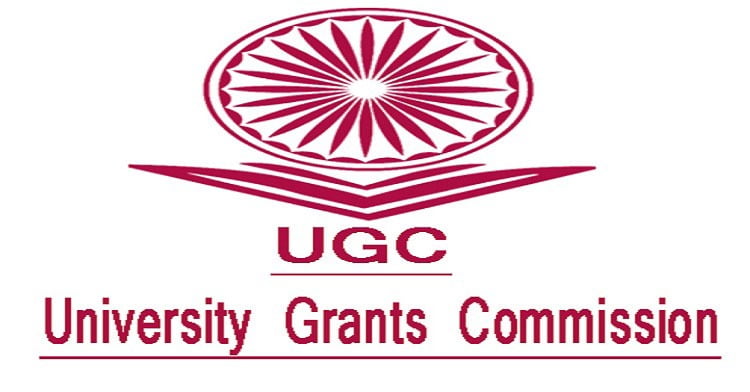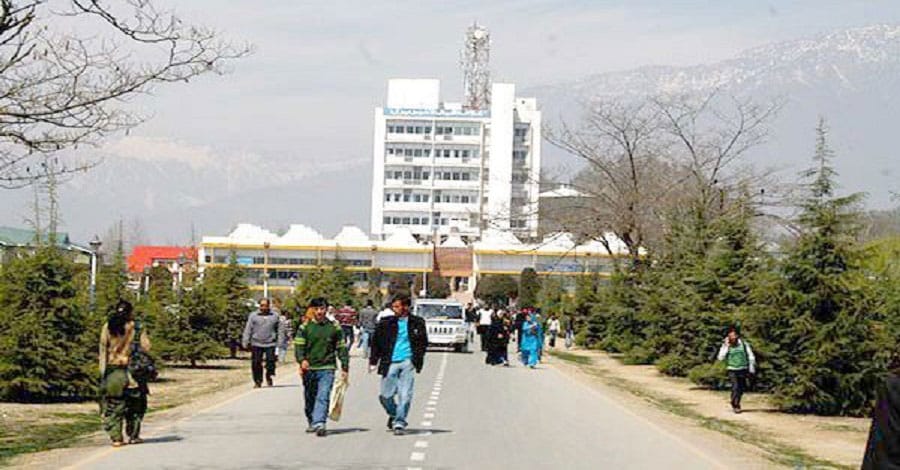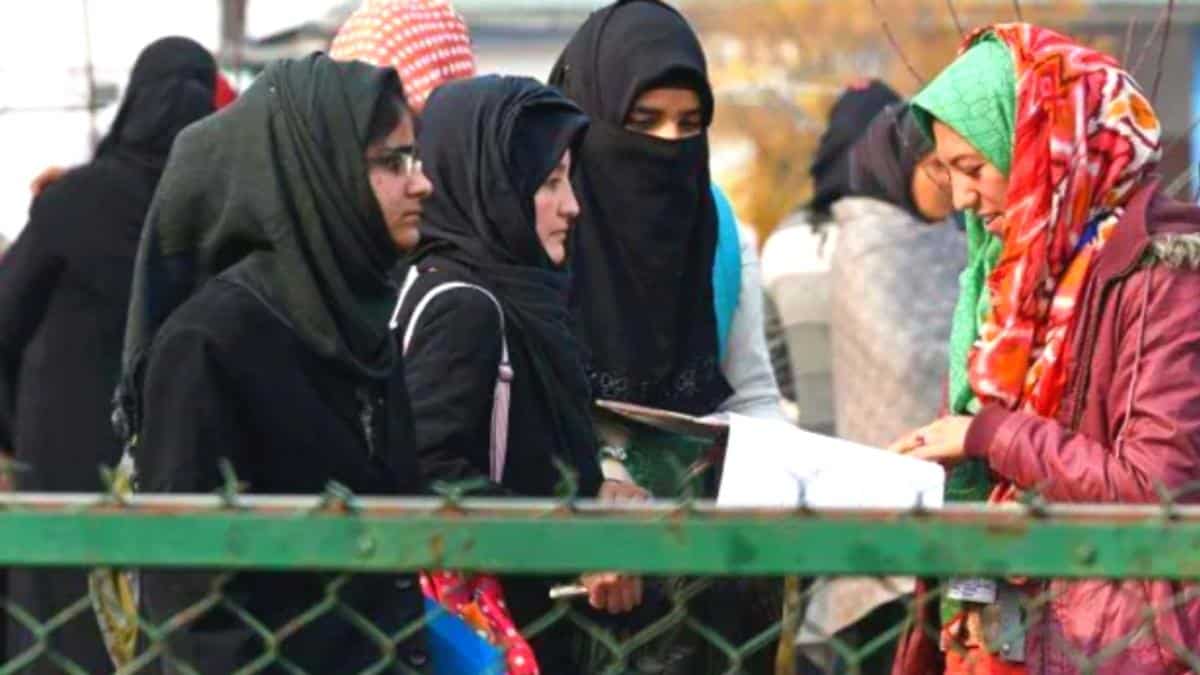
SRINAGAR — Jammu and Kashmir will fully implement the National Education Policy (NEP) from the current academic session. It will also move to a uniform academic calendar which in turn will be synchronized with the national academic calendar. In addition, the four-year undergraduate programme as per UGC guidelines would be introduced in colleges of J&K from the current academic session.
This was unanimously agreed to in a meeting chaired by Chief Secretary, Dr Arun Kumar Mehta, to review and discuss modalities for the implementation of National Education Policy (NEP) 2020 in Jammu and Kashmir. The meeting also decided that the centralized admission test CUET would be mandatory for all admissions in J&K from the next academic session. In addition, all higher education institutions would move towards progressively greater autonomy.
The meeting had a thorough exchange of ideas on steps to be taken for the implementation of this ambitious nationwide policy in J&K.
The meeting was attended by Principal Secretary, Higher Education, Rohit Kansal, Principal Secretary, School Education, Sh. B. K. Singh, Vice Chancellors of various universities of the UT and other senior officers of the Higher Education and School Education Department.
Dr Mehta said that the current year would be a transformational year with respect to the education system and important changes would be required in the process. He said that the UT will implement the NEP from April 1 and sought suggestions from VCs about the modalities to be adopted for making a smooth transition in its implementation.
The VCs unanimously suggested the need to synchronize the academic calendar with the national academic calendar and move to a single calendar. They said that the adoption of a uniform calendar system would not only enable the students from J-K to compete with students in the rest of the country for admissions to top institutions but also save valuable time.
The Chief Secretary advised the universities to ensure the implementation of the calendar in such a way so as not to lead to any disruptions or loss of time. He also advised them to start the admissions process as soon as possible and also offer foundational courses to the students in line with the NEP.
Asserting that universities have a great role to play in research and vocational development, the Chief Secretary said that universities should become a centre of innovation and students instead of chasing government jobs should become innovators and job creators. He said that the government will provide every kind of support to all universities in this regard.
He said that the focus of this year's financial budget will be to address the gaps in terms of academic infrastructure and teaching resources. He emphasized greater coordination among higher secondary schools, colleges and universities that only greater coordination and supervision could lead to academic excellence. He said that J&K universities should chase excellence in education and obtain the best possible rankings
He asked the VCs to develop a robust framework for getting feedback from the students as academic feedback is more strongly and consistently related to achievement and quality of higher education. He also stressed the need for a vibrant academic and cultural ecosystem, organizing more intra and inter University competitions and healthy campus life.
Principal Secretary Higher Education briefed the meeting regarding the various steps being taken for the implementation of the NEP. He informed the meeting that all degree colleges in J&K would apply for accreditation or provisional registration (PAC) under the NAAC framework this year. In addition, at least 10 Government Degree Colleges across Jammu and Kashmir would identify sister Colleges that would have collaboration with reputed International Institutions to boost faculty and student exchange programs.
From the academic Session 2022-23, 14 Centers of Innovation, Invention, Incubation and Training would be established under Hub and Spoke model. In addition, IIT and IIM Jammu would develop 10 Incubation Centers (each) in Degree Colleges under Hub and Spoke model.
Regarding Learning Management System (LMS), Principal Secretary informed that the J&K Higher education department has launched its own LMS that supports Online Learning for students. In the first phase, 22 GDCS have been connected while all GDCS will be connected with LMS in the next Phase.
It was also informed that J&K Higher Education department has directed all institutions to ensure equitable access to quality education, with a special emphasis on Socio-Economically Disadvantaged Groups (SEDGs).
This post first appeared on
The Kashmir Pulse






